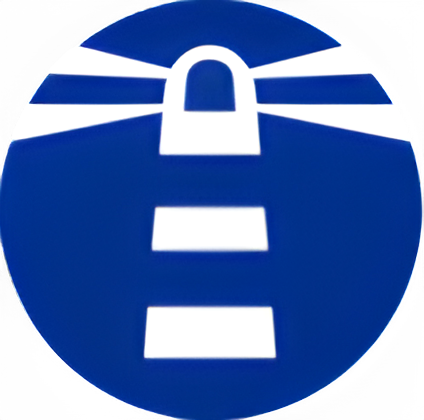
The progress of the rehabilitation process
Phases
-
Probation period (2 weeks)
During this time, a person arriving at the rehab center can adjust to the community and decide if they want to stay. This period allows the newcomer to get to know the community better and overcome physical withdrawal. The person is constantly supervised and assisted by a mentor from Phase 2 or higher, who is responsible for their care and introduction to the community.
The newcomer can experience the community's daily rhythm and make a final decision about staying. The community also gets to know the potential member better.
During probation, specialists assess the client's physical, social, and psychological state, motivation, and prepare evaluations. They work with the client to create an Individual Social Assistance Plan (ISAP) and set goals with deadlines.
Clients receive individual counseling and participate in group sessions, lectures, and daily routines.
-
First Phase (2 months)
During this phase participants must completely avoid contact with family and close friends, not use phones, and remain within the community premises except when supervised by senior residents or staff. These strict measures are necessary because individuals in early recovery typically lack control over their impulses and cravings, requiring protection from external triggers that could lead to relapse.
Over time, participants begin understanding healthy lifestyle principles and attempt to follow them. They then write an analysis of their substance abuse history, after which the community considers their request for increased responsibilities and potential advancement to Phase 2.
During this phase, participants engage in work therapy, schedule their personal and study time, maintain emotion journals, and attend community meetings. They learn to accept feedback, handle criticism, and take responsibility for their actions. Regular participation includes individual counseling, group sessions, lectures and workshops. Social workers assist with document recovery, employment registration, medical appointments, and serve as mediators with law enforcement and family members.
Specialists provide individual counseling to help achieve goals, adapt to community life, overcome emotional crises and cravings, and resolve emerging problems.
-
Second Phase (5 months)
During this phase, limited contact is allowed. Residents may briefly leave the community and communicate with close relatives under supervision by senior residents or staff, after discussing with the community. At the same time, clients take on additional responsibilities requiring greater accountability: they serve as community caretakers, managing specific areas like the greenhouse, gym, laundry or other facilities.
In Phase 2, residents can become mentors for newcomers and may nominate themselves for election as assistant community leaders. The main written work involves deep self-analysis - examining all factors that led to drug/alcohol addiction or other harmful habits. Residents also prepare a written testimony of their choice to live soberly, analyze potential relapse warning signs, and develop effective strategies to overcome them.
After completing these written assignments, residents may request to advance to Phase 3. Specialists provide assistance with legal proceedings and help repair damaged family relationships. Parallel work focuses on improving personal weaknesses and addressing psychological relapse triggers. Through group sessions, participants study addiction mechanisms and learn conflict resolution skills.
The community reviews each resident's progress before approving transition to the next phase. This structured approach builds accountability while preparing individuals for successful reintegration.
-
Third Phase (4 months)
Phase of Responsibility. During this period, residents are permitted to leave the community independently every other weekend, provided they first obtain approval. The client is now considered capable of avoiding relapse and ready to take on greater responsibility—both for themselves and others. They may mentor and guide other community members, accompany them outside the community, and even be elected as a community leader, taking responsibility for the entire group.
At the same time, they gradually reintegrate into their original social environment—returning to their family, working to repair damaged relationships, and learning to feel safe in familiar surroundings. The community remains a strong source of internal support and motivation. If the individual successfully meets these challenges, they transition to the fourth phase of rehabilitation.
The client must complete self-reflection exercises about their recovery journey, write an analysis of their personal growth, and provide a detailed report after each weekend outing. Specialists offer guidance on future plans, help identify signs of recurring addictive behaviors, and provide strategies to overcome psychological cravings and prevent relapse.
-
Fourth Phase(1-2 months)
Contact phase. This final rehabilitation period focuses on socialization and integrating the client into society. The program participant must acquire job skills to help them find their place in the community and take full responsibility for themselves and their life. Therefore, over two months they must either find employment or begin vocational training. Specialists work purposefully to prevent dependence on the rehabilitation center and therapeutic community, gradually reducing support while encouraging independence.
Program participants maintain contact with the center, visiting for preventive conversations and group sessions 1-2 times per week. This helps consolidate recovery results while transitioning to autonomous living. The main task of this stage is to test the ability to maintain sobriety in real-world conditions with minimal external support.
Upon successful completion, the graduate receives a rehabilitation completion certificate and becomes part of the alumni community, where they can later help newcomers as a volunteer. Specialists continue remote monitoring for the first 3-6 months after program completion.
